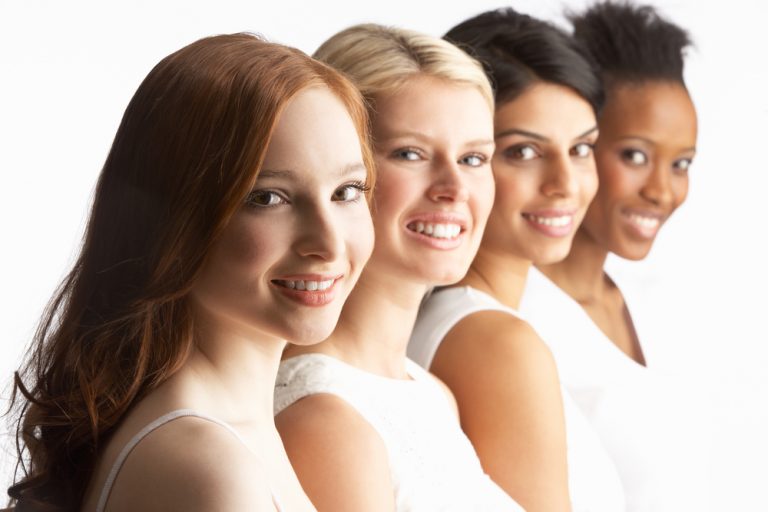Age of Egg Donor is a Vital Factor for Success
Egg donation is a method that is frequently used by those who are having problems conceiving on their own. When going through this procedure a lot of questions arise. One such question, and a very common one at that, is the question regarding the age of the donor. Along with many other factors, this is something that intended parents seek information about. So does the age of the person donating the eggs really matter? And how much does age effect the outcome of the egg donation?
As a matter of fact, the age of the donor does matter- and quite a lot so. During a certain period of a woman’s life the condition and quality of a her eggs are at their absolute best. All women are of course individuals, and this period varies from person to person. However, as a general rule, the period occurs in her twenties. This is the reason why all of the donors in our database are between 19- 30 years old. They are all in a generally good health condition and will go through a number of test, both medical and psychological, before they are accepted as egg donors.
So it is not only the age that matter when we select donors for our database. On the contrary, there are a number of factors that are taken into consideration. The donors have to be reliable and responsible, not have any psychological problems and be willing to accept the requirements that is associated with the egg donation program. Physically they are to be within normal range when it comes to height and weight and be free from diseases.
Age Limit of Egg Donors
At New Life we choose not to include egg donors over the age of 30 in our database. The reason for this is purely medical. It is commonly known that a woman’s number of follicles is determined by age. Or more to the point: it decreases the older she gets. After a woman reaches the age of 30 the number of follicles are going down and continues to do so until she reaches menopause. After a woman reaches a certain age the quality of the eggs produced is also known to go down. The lower quality might make it harder to achieve a successful pregnancy, or might even be the cause of miscarriages. Since we want to give our intended parents the best possible chances, New Life only work with egg donors within the specified age range. We are aware that a treatment like this is a huge commitment and that it comes with a significant cost for the intended parents, so it is only natural that we want to provide them with the best options available.
There is yet another factor that can make women over 30 less suitable as egg donors. Studies show that the risks of genetic diseases in the child increases if the donor is older than 30. This is not something that intended parents or our agency want to risk, and therefore we choose to work with donors of a certain age.
Blinded by Age
Many intended parents are aware of the fact that the age of the donor affect the quality of the eggs. Due to this they often get blinded by the question of age. But it is important to understand that as long as the donor is within the recommended age span this factor is not the most crucial one. It actually does not matter if the donor is 20 or 27 years old- younger is not always better. The number of eggs and their quality is what is most important, and this is something that is individual from woman to woman. This is a factor that does not only change with age but can also vary from cycle to cycle.
To find out the status of the eggs of our donors we will perform examinations through ultrasound. These examinations will show the number of eggs and determine if the woman will be a good donor or not. We always encourage the intended parents to consider other factors as well and not focus too much about the age of the donor.
Intended Parents Can Choose Their Own Donor
Our policy about donor age does not mean that it is impossible to have an egg donor who is older than 30. At New Life Mexico we do not discriminate in this way, even if the donors in our data base are all in a specific age group. Sometimes the intended parents opts to select their own donor. It might be a friend or a member of the family, or another person that they feel is a good choice for them. If the donor selected by the intended parents is over 30 this does not cause any problems, she can still be used as a donor. However, the parents must then be aware of the heightened risks of an unsuccessful procedure and genetic diseases. One simply has to weigh the advantages of getting eggs from a personally selected donor against the possible risks that this might entail.
